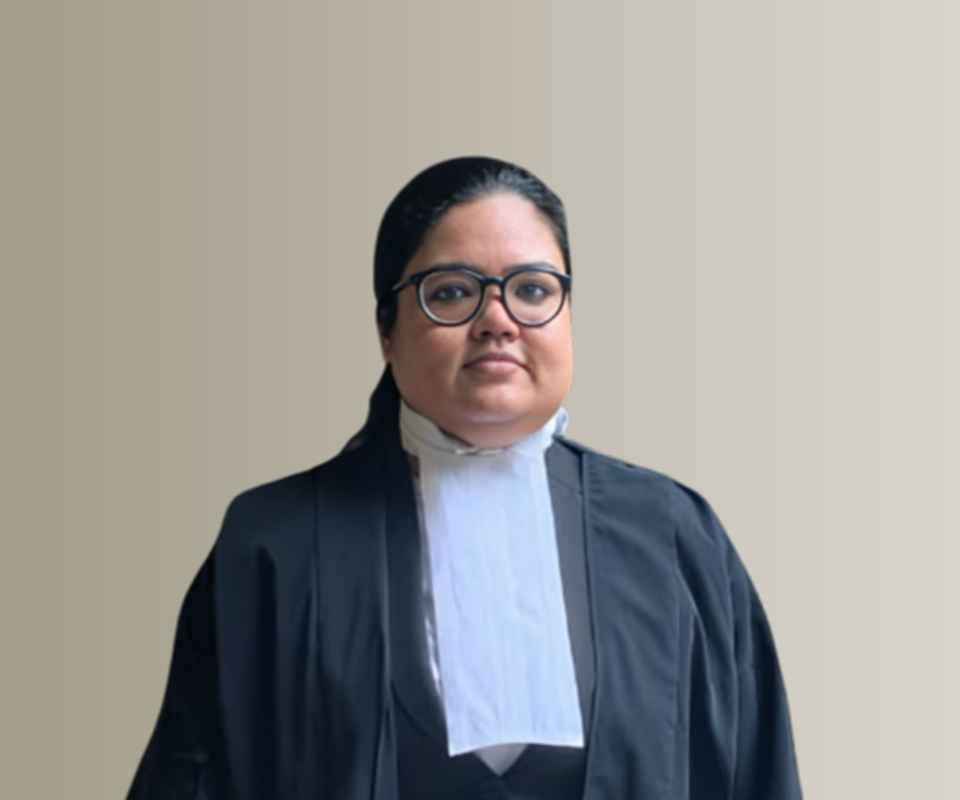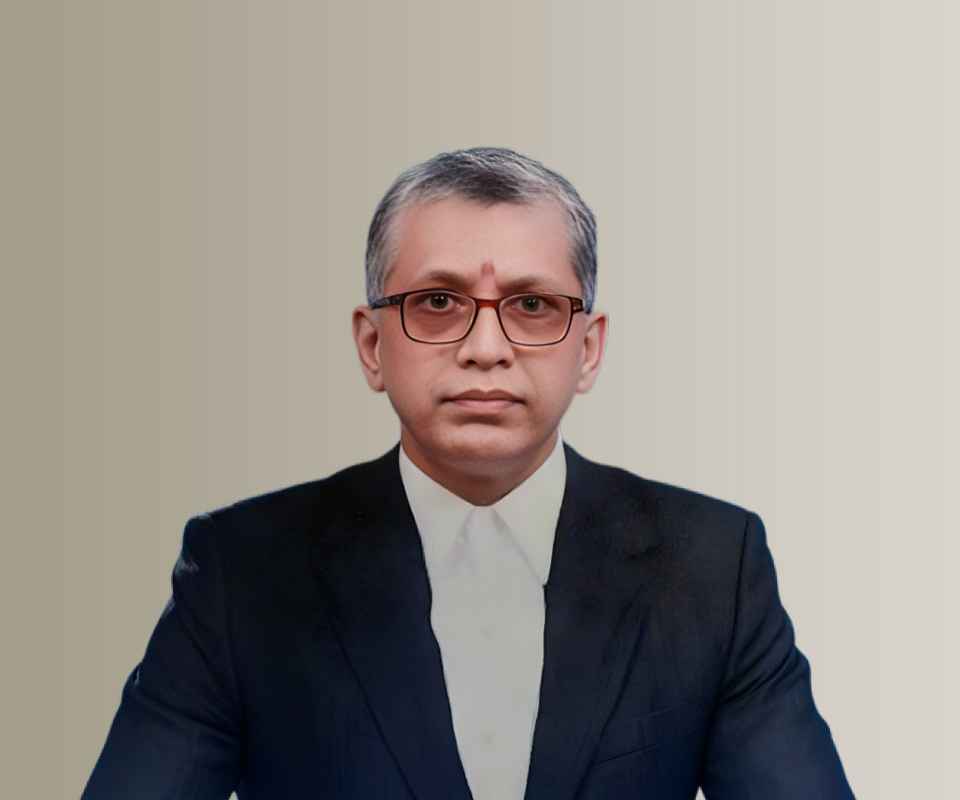Answer By law4u team
Consular relations are a formal aspect of international law that governs how states interact through consular officials and consulates to assist their nationals abroad and manage intergovernmental communication. These relations are mainly codified in the Vienna Convention on Consular Relations (VCCR), 1963, which outlines the legal framework for consular functions, privileges, and immunities. Unlike diplomats, consular officers focus on protecting the rights and interests of their nationals and promoting commercial and cultural ties.
Key Provisions Under the Vienna Convention (1963)
Establishment of Consular Relations
Consular relations can only be established by mutual consent between states.
States agree on the location, size, and functions of consulates.
Consular Functions
Common consular duties include:
Assisting nationals with legal, medical, or administrative issues.
Issuing passports, visas, and travel documents.
Helping in deaths, births, or arrests of nationals abroad.
Promoting trade and cultural relations.
Privileges and Immunities
Limited Immunity: Consular officials enjoy immunity only for acts performed in the exercise of consular functions.
No Absolute Immunity: Unlike diplomats, consular officers can be subject to local legal proceedings for private acts.
Inviolability of Consular Premises: Consular offices cannot be entered without permission from the head of the consulate.
Personal Inviolability: Consular officers are protected from arrest except in the case of grave crimes and only with prior approval.
Right to Consular Notification and Access (Article 36)
If a foreign national is arrested or detained, they have the right to have their consulate informed.
The consular officer has the right to visit and communicate with the national and arrange legal aid if needed.
Termination and Expulsion
Host states may declare consular personnel as persona non grata and request their withdrawal.
Consular privileges end when their official status is terminated.
Comparison with Diplomatic Relations
| Aspect | Consular Officers | Diplomatic Agents |
|---|---|---|
| Immunity | Functional only | Full personal and functional |
| Entry Restrictions | May be arrested in serious cases | Immune from arrest or detention |
| Scope of Work | Consular (citizen services, commerce) | Political, broader diplomatic functions |
Example
If a national of Country A is arrested in Country B, the police in Country B must, under Article 36 of the Vienna Convention, inform the consulate of Country A. The consular officer can then meet the detainee, arrange legal assistance, and ensure fair treatment, but cannot interfere with the local judicial process.







